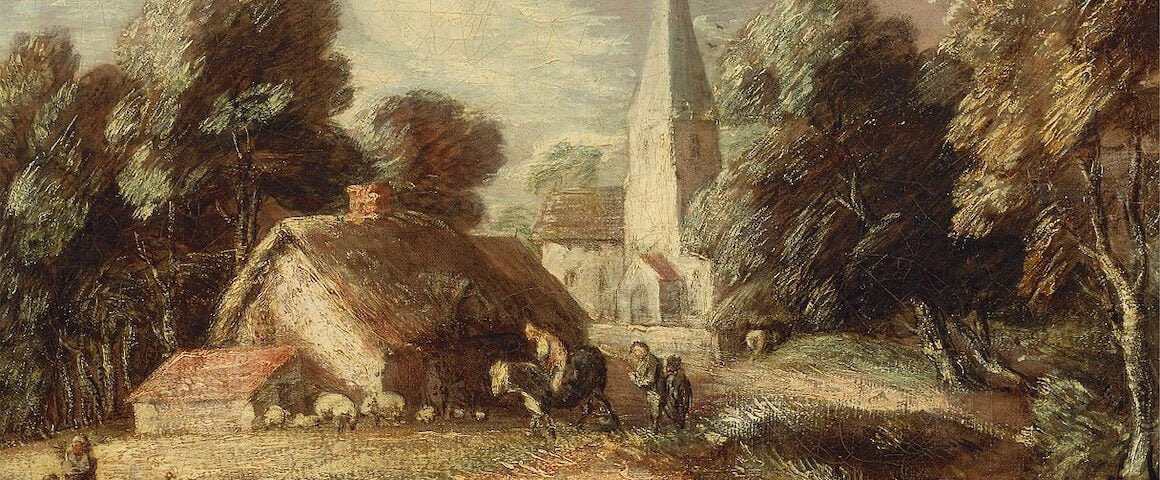The Reformed Episcopal Church has been taking some heat over the past couple of weeks from some in the Evangelical arm of Anglicanism. Apparently, we aren’t sufficiently Protestant enough for the Protestant club. But if you ask the Anglo-Papalists on the other end of the spectrum we are not Catholic enough for the Catholic club. We must be doing this Anglican thing right then.
The REC has a long and storied history. For more on that, please read Alan Guelzo’s book For the Union of Evangelical Christendom. I’ll not reinvent the wheel, but what I will say is that the REC of the past, which many of these self-proclaimed Evangelical and Reformational Anglicans long for, would not have appealed to me as a young Baptist exploring the tradition.
Dispensationalism, a truncated prayer book, and black preaching gowns just wouldn’t have done it for a guy who believed firmly in covenant theology, the efficacy of the sacraments (as articulated by the formularies of the church of England), and the importance of a valid episcopacy. My only point in saying so being that what attracted me to the REC from my evangelical upbringing was the fact that the REC is, in its current state, classically Anglican.
And that’s the problem. When you listen to those who are critical of the REC’s fall into “Anglo-Catholicism” what you quickly discover is that it’s not that the REC became Anglo-Catholic (because it didn’t) but rather that the REC became Anglican and many don’t really like that.
It’s not so much Anglo-Catholicism that the REC’s detractors are upset about. It’s really just Anglicanism, classical, historic Anglicanism. But what concerns me as a member of this wonderful little denomination, and as a priest engaging in mission, is the fact that these men are influencing others with their half-truths and deceptions.
The REC isn’t Anglo-Catholic in the proper sense of the word. I know of no parish that uses a missal, there is no veneration of saints, and if anyone does believe in transubstantiation and a sacerdotal offering of Christ anew on the altar, that would be news to me.
The truth is that those of us accused of such things are just good old-fashioned high churchmen. It’s true that we have a high view of the sacraments, believe that Episcopacy is more than a helpful holdover from antiquity, and that swinging incense once and a while doesn’t automatically mean that we believe Pope Francis to be the Supreme pontiff of the church.
I also don’t think it’s accurate to say that any of this goes against Bishop Cummins’ project either. He was in fact friends with the Rev. Muhlenberg, that great high churchman of the 19th century, only one county over from me at St. James Episcopal Church Lancaster, PA. It is only by an accident of history that that friendship didn’t develop more into a high church camp in the REC in those early days of our history.
The bottom line is that there are a great many misconceptions about where we are as a jurisdiction right now. Some of them are malicious, but mostly it is just ignorance. I thought it important that you readers hear this from someone who is actually living it out on a daily basis. It’s just my own opinion and I wouldn’t dare speak on behalf of the entire denomination, but if it’s classical Anglicanism you’re looking for, the REC is the place for you.





